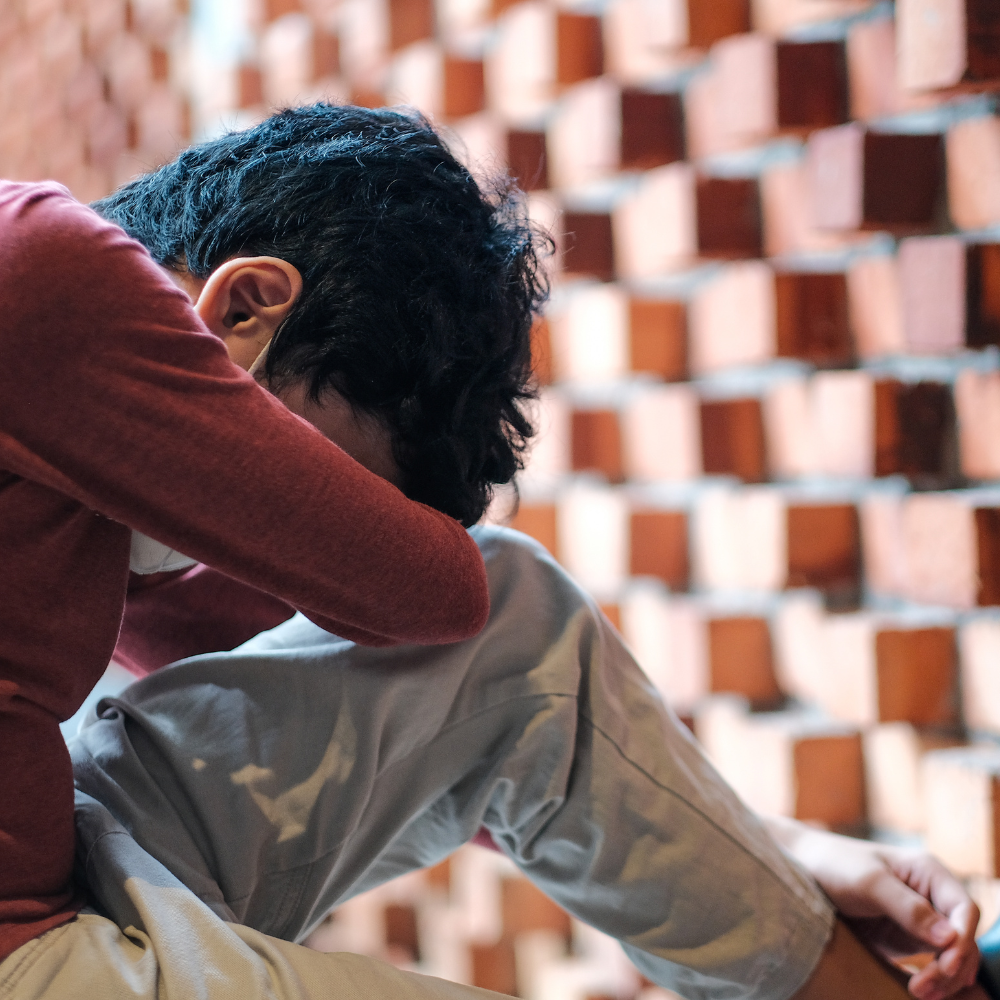Nigeria orders release of teens who collapsed in court
Nigeria’s President Bola Tinubu has ordered the immediate release of 27 teenagers accused of treason following a wave of public outrage sparked by footage showing several of them collapsing in court. The teens, aged between 14 and 18, are among 76 young people detained for months after their arrests during anti-government protests in August. The protests, driven by frustration over Nigeria’s escalating cost of living crisis, spread widely and turned violent in some areas as demonstrators clashed with security forces.
Following the collapse of four of the incarcerated adolescents during their initial court appearance in Abuja on the previous Friday, the president made his decision. It was alleged that the fall was caused by malnutrition. Videos that showed the young inmates writhing in pain before being brought to receive medical assistance immediately went viral, which sparked significant concern and condemnation regarding the manner in which they were treated and the amount of time they were held in custody. A great number of Nigerians resorted to social media to voice their outrage and demand that the government of the country conduct an investigation into how it deals with young people who are protesting.
Following the #EndBadGovernance protests, which took place all throughout Nigeria and brought attention to the country’s economic difficulties and growing prices, the adolescents had been held for close to three months. Human rights organisations allege a substantially greater toll, estimating 23 fatalities, with about 700 demonstrators arrested across the country. Police reports show that seven persons died as a result of the demonstrations, while human rights organisations report a significantly higher toll.
Some of the teenagers who appeared in court last week were accused of waving Russian flags and allegedly conspiring to overthrow the Nigerian government, charges that drew significant scrutiny. On Monday, a statement from President Tinubu’s spokesman, Bayo Onanuga, clarified that while the president had ordered the children’s release, the ongoing legal processes would not be affected by this decision. Reuters further reported that Nigeria’s Information Minister Mohammed Idris confirmed the treason charges against the minors had been dropped.
Onanuga also announced that Nigeria’s Ministry of Humanitarian Affairs had been instructed to ensure the safe return of the minors to their families. Additionally, he confirmed that an investigation had been launched into the circumstances surrounding the prolonged detention of the teenagers.
Following the release of the courtroom footage, rights organizations quickly condemned the detention and treatment of the young protesters. Nigerian rights group Enough is Enough denounced the situation as “institutional child abuse,” and Amnesty International described the detention of these minors as a stark and troubling attempt to stifle freedom of assembly in Nigeria.
The release of the teens has reignited discussions on human rights in Nigeria, particularly regarding how youth protesters are treated and the government’s response to civil dissent. Many hope that the president’s intervention signals a broader shift toward respecting the rights of young Nigerians to peacefully express their frustrations and concerns. The release of the minors marks a significant moment in the country’s ongoing conversations about justice, protest, and government accountability.









